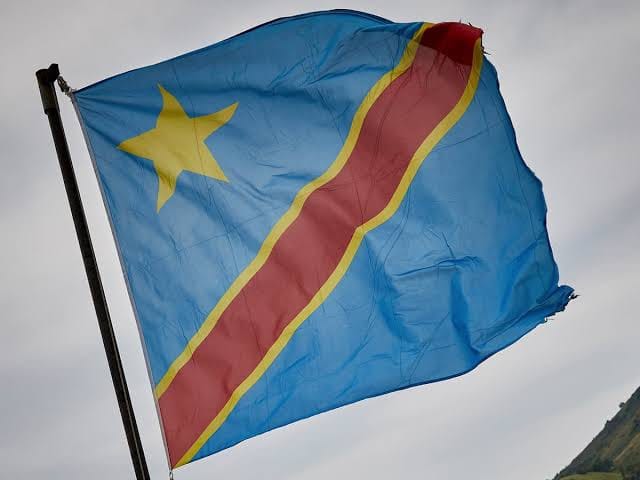DR Congo awaits new ID cards, ending decades of waiting

Congolese citizens have been anticipating the fulfillment of the government’s promise to issue new ID cards, marking the first time in decades that such documents will be produced.
The last time national ID cards were distributed in the Democratic Republic of Congo (DRC) was during the 1990s when the country was known as Zaire and under the rule of the longstanding dictator, Mobutu Sese Seko.

With a population of approximately 100 million people, many Congolese lack official documentation, with the exception of the recently issued voter cards obtained during the preparations for the December elections. Between December 2022 and April, Congolese citizens of voting age registered at dedicated centers, receiving cards equipped with a plastic film, a photograph, and a QR code.
However, due to the absence of passports, driving licenses, or professional cards, this small piece of cardboard has become the sole official identification document for many Congolese. Elderly citizens fondly recall their old “citizen’s identity card,” which was abolished in 1997 following Seko’s overthrow by rebels led by former president Laurent-Desire Kabila. Kabila, who renamed the country as the DRC, governed until his assassination in 2001, at which point his son Joseph assumed leadership.
In an attempt to conduct a census in 2015, Joseph Kabila established the National Population Identification Office (ONIP). However, the opposition suspected that this move was a tactic to delay the upcoming elections. Riots erupted, and the census was ultimately abandoned.
Under the current leader, Felix Tshisekedi, the government has revived the project with the aim of providing essential documents to the population. To streamline the process and save time and money, the government announced last year that it would consolidate the activities of ONIP, the electoral commission, and the national statistics institute to register voters and identify the population.
As of April, the government planned to commence issuing ID cards in July. On June 8, a protocol was signed to transfer data and materials from the electoral commission to ONIP and the statistics institute. However, the specific start date and duration of the campaign remain unknown.
Critics argue that the authorities mishandled the process by issuing voter cards before completing the population identification. Dieudonne Mushagalusa, a member of an expert panel from Congolese civil society, deems the process “illogical” as the electoral commission should have consulted ONIP instead of the other way around. He points out that each registration file from the commission only contained ten pieces of information, which he argues is insufficient for issuing an ID card.
Jean-Claude Likosi, a professor at Congo Catholic University specializing in electoral and political communication, emphasizes the need to approach the process from the bottom up, rather than from the top down. He suggests that a comprehensive foundation should be established before progressing further.
Moreover, concerns about the government’s financial capacity to fulfill its commitment have emerged. The final cost of the scheme remains undetermined, and questions have been raised about the allocation of government funds, which primarily focus on organizing elections and combating armed groups, particularly prevalent in the eastern region. Furthermore, the upcoming Francophonie Games in Kinshasa, an international multi-sports and cultural event, will further strain government resources.
The efforts to issue new ID cards coincide with a heated debate surrounding national identity, known as “Congolite,” in the DRC leading up to the elections. A proposed law seeks to reserve certain high-ranking positions, notably the presidency, for individuals born to Congolese parents. This would exclude some politicians from participating in December’s vote, including prominent opposition figure Moise Kat














